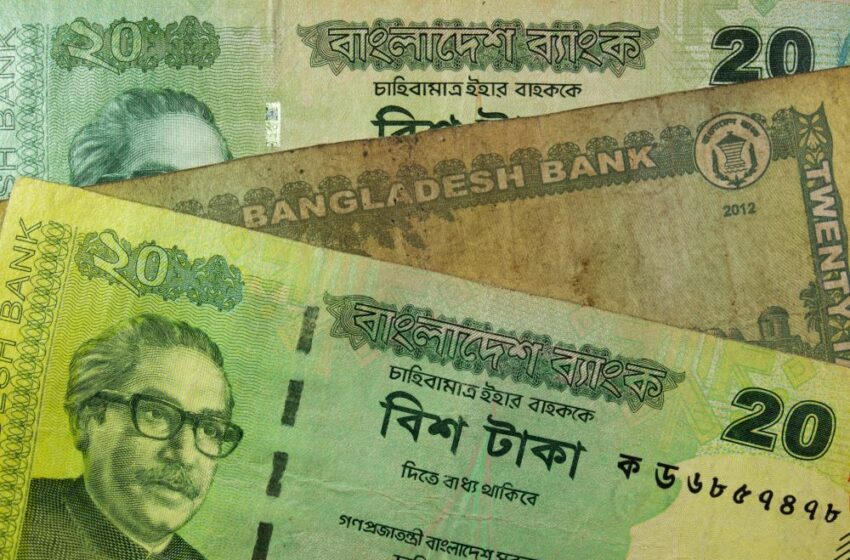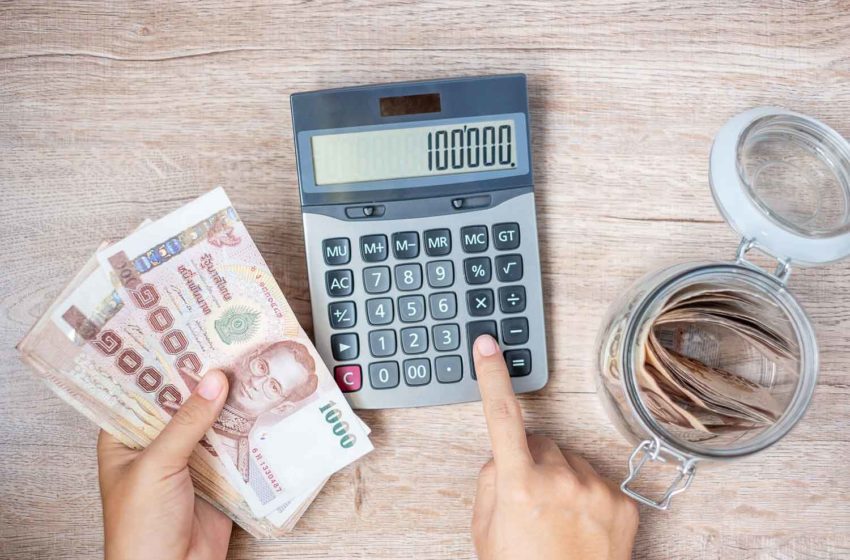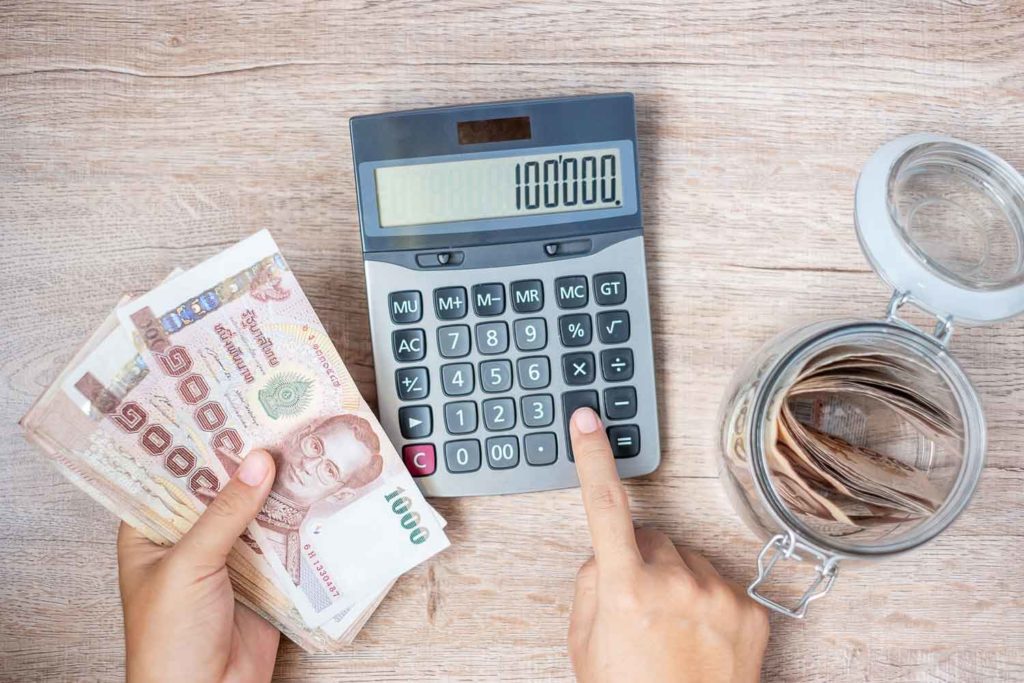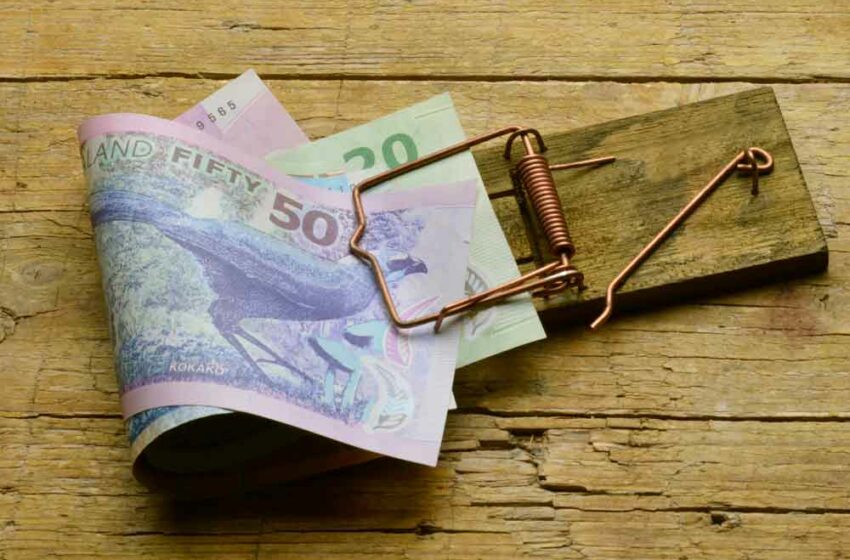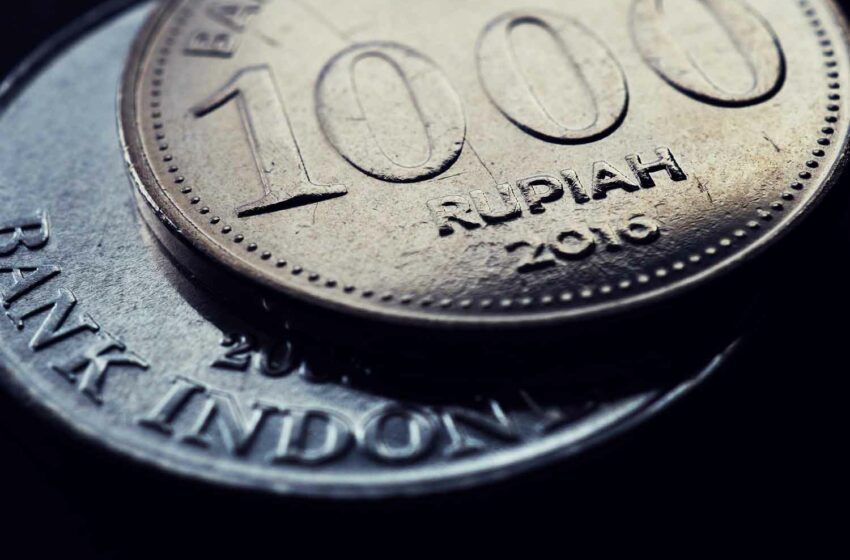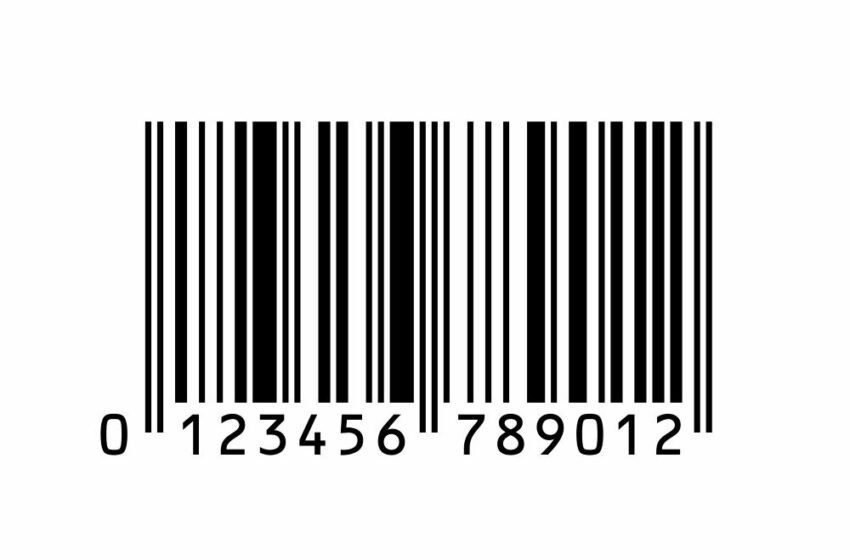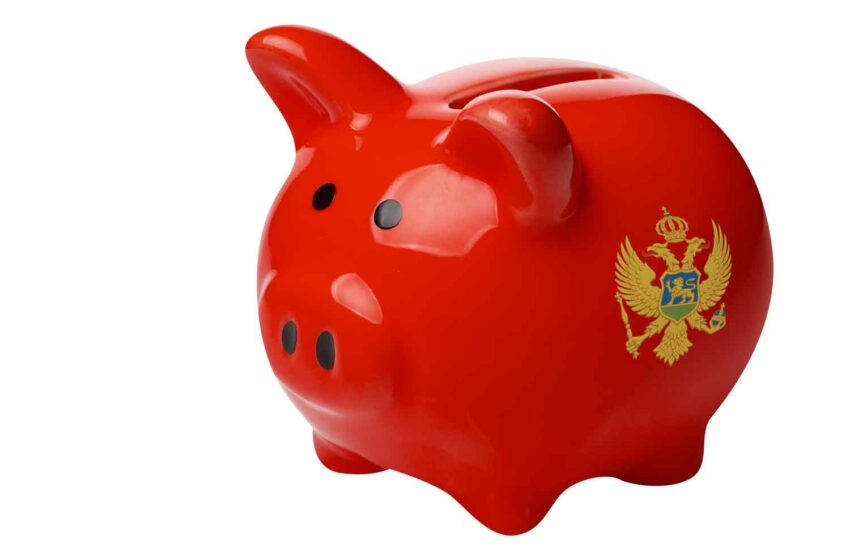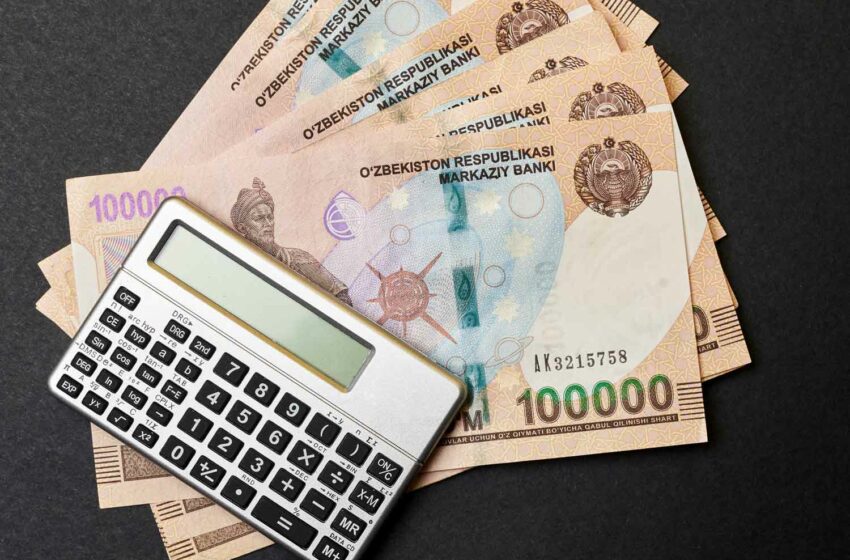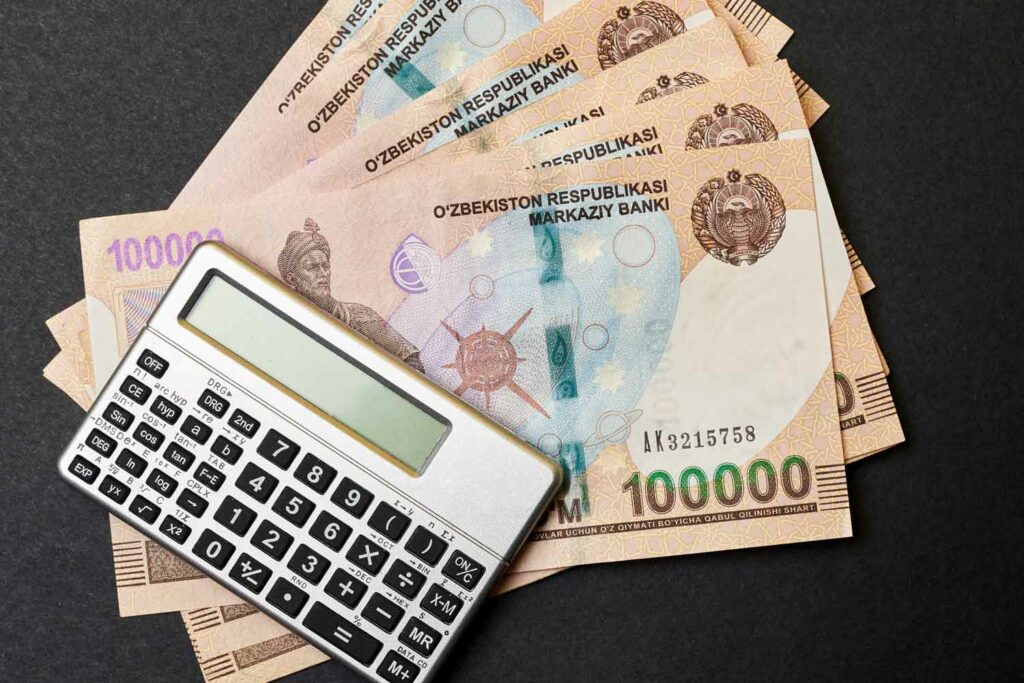
The Bangladesh Economic Association (BEA) has proposed a 70 percent tax on all types of cigarettes and tobacco, according to The Business Post.
By setting the tax as such, the BEA estimates that smoking will decrease by about 66 percent and the state will generate BDT17 billion ($154.89 million) in revenue.
The BEA submitted the proposal to the National Board of Revenue during the pre-budget discussion. According to the BEA, the 70 percent duty would increase cigarette prices by an average of 130 percent.

